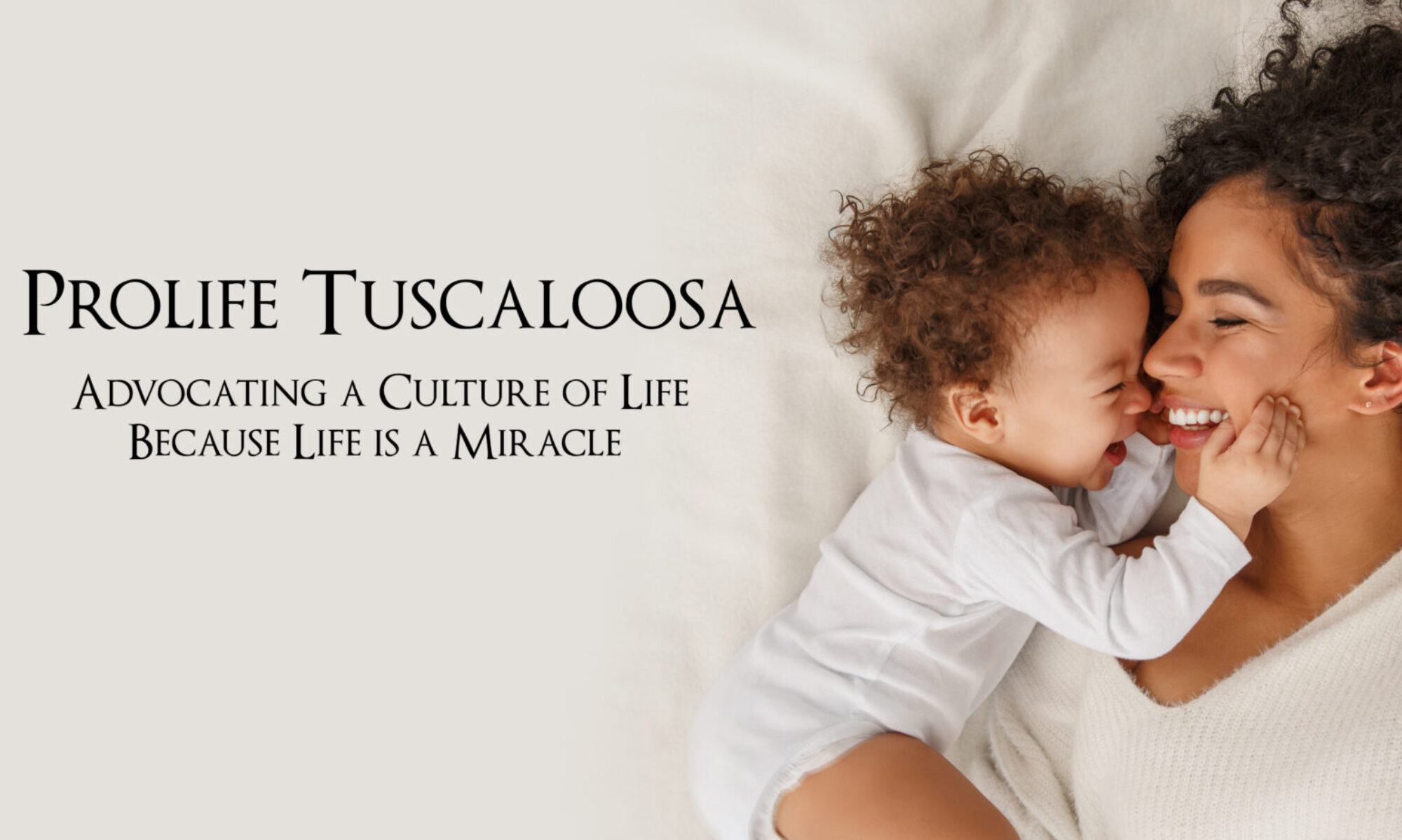(Live Action) The Alabama Supreme Court ruled last week that human embryos created via IVF are to be considered children protected by law under the state’s wrongful death act and the Alabama Constitution.
The case, LePage v. Mobile Infirmary Clinic, Inc. originated when the frozen embryos of several couples stored at The Center for Reproductive Medicine at the Mobile Infirmary Medical Center were destroyed after a client was somehow able to access the facility and handle the embryos, resulting in their destruction.
In their lawsuit, the couples argued that the embryos should be considered people under the state’s wrongful death statute. A lower court ruled that the embryos were not human beings; the Supreme Court’s 8-1 decision overturned that ruling.
The court also upheld that the Alabama Constitution’s Sanctity of Life Amendment, which was ratified in 2018, required the court to rule in favor of the preborn. The amendment states that it is “the public policy of this state to recognize and support the sanctity of unborn life and the rights of unborn children, including the right to life.”
“Unborn children are ‘children’ under the Act, without exception based on developmental stage, physical location, or any other ancillary characteristics,” said Justice James “Jay” Mitchell, writing for the court.
“[T]he Wrongful Death of a Minor Act is sweeping and unqualified. It applies to all children, born and unborn, without limitation. It is not the role of this Court to craft a new limitation based on our own view of what is or is not wise public policy. That is especially true where, as here, the People of this State have adopted a Constitutional amendment directly aimed at stopping courts from excluding ‘unborn life’ from legal protection,” Mitchell further wrote.
The court noted that there is no unwritten exception to the law and that it applies to all children, including, to “unborn children who are not physically located ‘in utero’ — that is, inside a biological uterus — at the time they are killed.”
Live Action founder and president Lila Rose responded to the ruling in a statement, saying, “This decision made by the Alabama Supreme Court affirms the scientific reality that a new human life begins at the moment of fertilization. Each person, from the tiniest embryo to an elder nearing the end of his life, has incalculable value that deserves and is guaranteed legal protection. This ruling, which involved a wrongful-death claim brought by parents against a fertility clinic that negligently caused the death of their children, rightly acknowledged the humanity of unborn children created through in vitro fertilization (IVF) and is an important step towards applying equal protection for all.”
The term “embryo” denotes a stage in human development, much the same as the words infant, toddler, or teenager. The preborn child is a human being with its own distinct DNA from the moment of conception — even when it’s as small as an embryo. The case underscores one of the most significant problems with IVF, as countless embryonic preborn children are created and then discarded when they are deemed unfit or unwanted.








